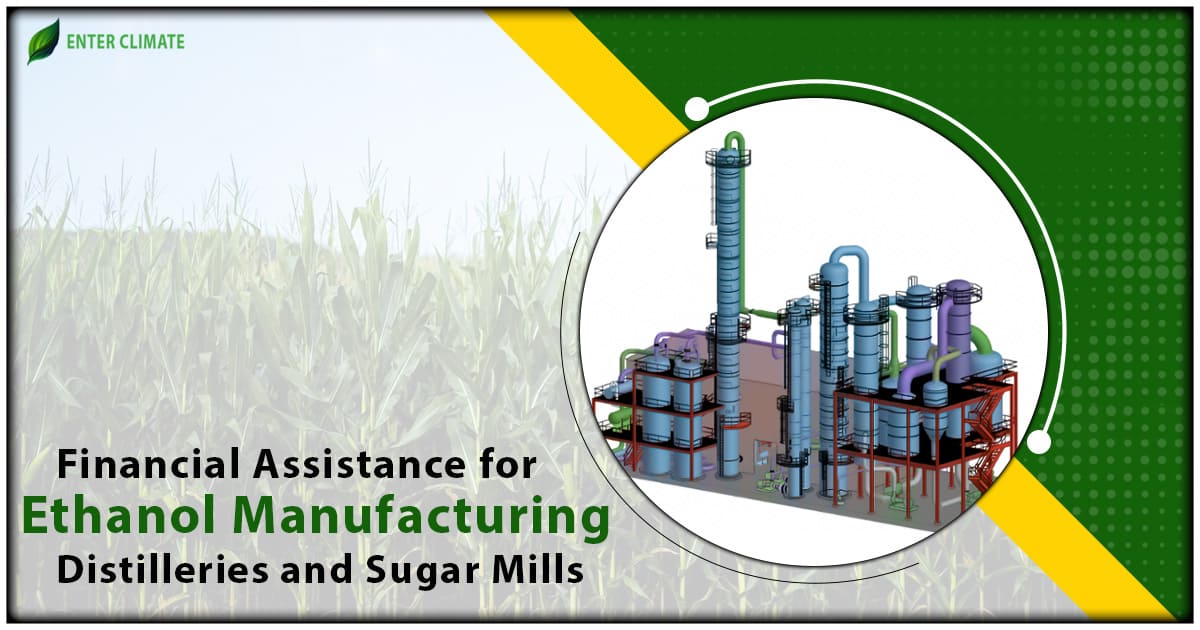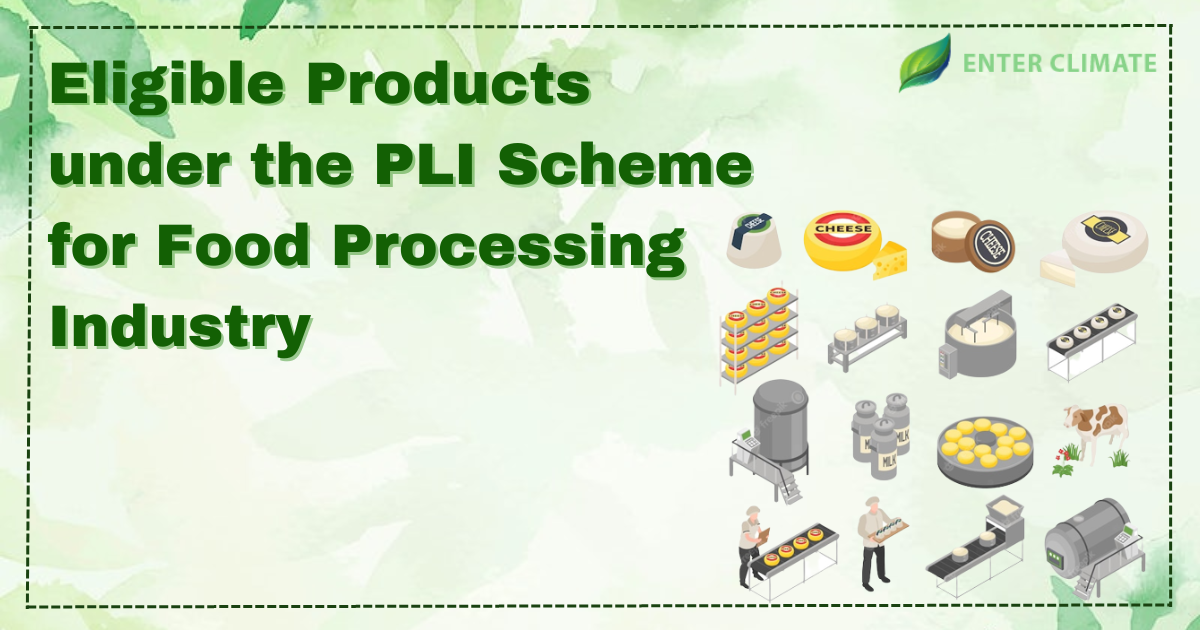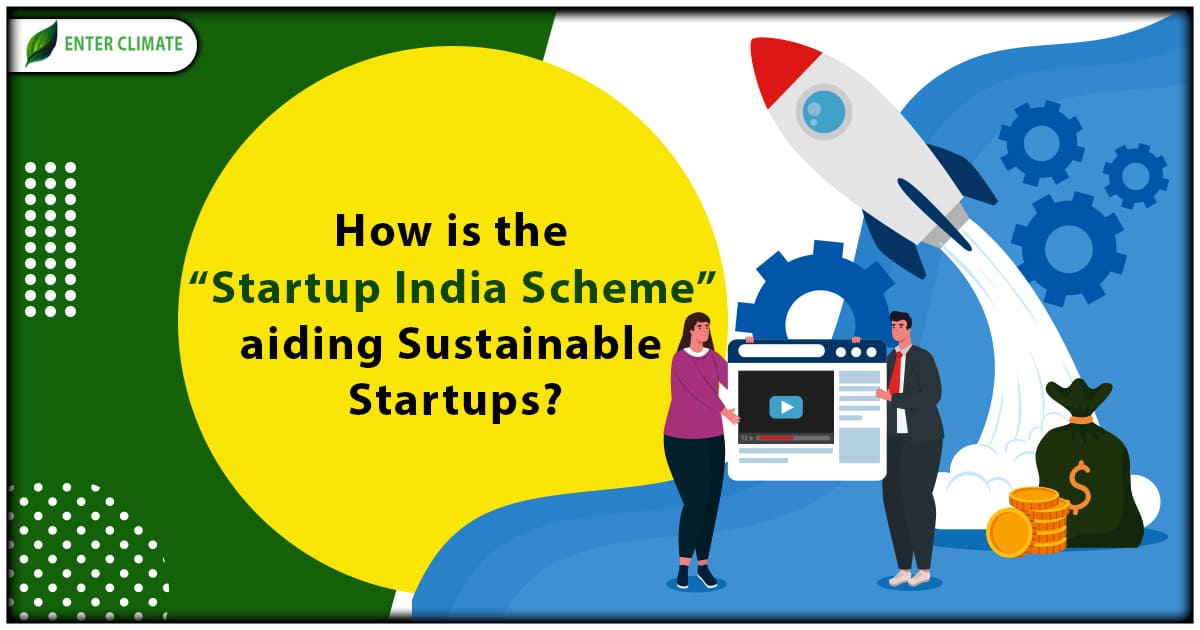Financial Assistance for Ethanol Manufacturing Distilleries and Sugar Mills
 13 Jul, 2023
13 Jul, 2023 
The demand for ethanol is increasing due to its versatility in its application and utility. As we know, ethanol can also be prepared by fermentation of molasses, which is a by-product in the production of sugar from sugarcane. The government has been trying to promote distilleries and sugar mills to establish and enhance the production of ethanol for quite some time. The Central government, from time to time, releases notifications, inviting applications from molasses-based distilleries and sugar mills that want to start or expand their present units to include ethanol manufacturing under the Ethanol Blended with Petrol (EBP). The scheme for extending financial assistance for ethanol manufacturing to enhance ethanol[1] production capacity was notified by the government in 2018. Many subsequent notifications have been released, amending the said notification, the most recent being in May 2022, for extending the assistance deadline.In this article, we will understand all about the interest subvention Scheme that the government announces for installing capacity for ethanol production in the country.
History of Financial Assistance for Ethanol Manufacturing
Since 2018, soft loans have been offered to sugar mills/distilleries/entrepreneurs with an aim to increase ethanol output and its supply under the ethanol Blended with Petrol (EBP) Programme. In the case of grain-based distilleries, interest subvention was applicable only if they used or proposed to use a dry milling technique to produce DDGS.
The Ministry of Consumer Affairs and the Department of Food & Public Distribution, in 2021, extended the 2018 scheme that provided Financial Assistance for Ethanol Manufacturing through the enhancement of ethanol distillation capacity or for setting up distilleries for producing 1st Generation (IG) ethanol from feedstock such as cereals including rice, wheat, corn, barley & sorghum), sugarcane, sugar beet etc.
- In 2021, the government notified a modified scheme for extending financial assistance for the enhancement of the ethanol distillation capacity of the project proponent or to set up distilleries for producing 1st Generation ethanol from feed stocks such as cereals, sugarcane and sugar beet. The Central Government decided to open a window for 6 months inviting fresh applications for Financial assistance for ethanol manufacturing from those project proponents who have acquired land for the ethanol project and obtained Environmental Clearance (EC) for enhancement of their existing distillation capacity or to set up a new distillery for producing 1st Generation (1G) ethanol from feedstocks.
- In 2022, the government opened a 6-month window inviting similar proposals from sugar mills/distilleries/entrepreneurs who have acquired land and obtained EC must submit the application cum-proposal in the prescribed proforma to the Director, DFPD.
Eligibility Criteria for Availing Financial Assistance for Ethanol Manufacturing
In order to encourage the setting up of second-generation bio-fuels plants, the government launched the “Pradhan Mantri JI-VAN (Jaiv Indhan- Vatavaran Anukool fasalawashesh Nivaran) Yojana” to provide financial support to integrated bio-ethanol projects, using lignocellulosic biomass and other renewable feedstock to meet this demand.
Under the Interest subvention scheme of the government, a tripartite agreement has to be signed among the Sugar Mill, an Escrow Agent (a bank) and the Oil Marketing Company. The OMC enters into a Purchase Agreement where it agrees to purchase an agreed volume of Ethanol from the Sugar Mill.
The Central Government usuallybears an interest subvention of 6% per annum or 50% of ROI charged for five years, including a one-year moratorium against the loan availed by project proponents. The financial assistance for ethanol manufacturing will then besanctioned by any of the following financial institutes.
- Banks
- National Cooperative Development Corporation (NCDC)
- Indian Renewable Energy Development Agency Limited (IREDA)
- Non-Banking Financial Companies (NBFCs)
- any other financial institutions which are eligible for re-finance from NABARD.
Financial Assistance for Ethanol Manufacturing is made available to only those distilleries which will supply at least 75% of the ethanol produced from the added distillation capacity to Oil Marketing Companies (OMCs) for blending with petrol.
The financed unit must submit a certificate duly verified by Central Pollution Control Board(CPCB) certifying that zero-liquid discharge will be achieved through the method proposed for ethanol production.
While implementing their respective projects, the sugar mills must strive to seek convergence with the Make in India scheme of the government for capacity addition / up-gradation in ethanol production.
Advantages of starting Ethanol Manufacturing Businesses
In order to augment ethanol production capacity and allow diversion of sugar for the production of ethanol, in principal approval has been granted for extension of soft loan/ Term loan through banks to the existing sugar mills for setting up new distilleries or the expansion of existing distilleries and installation of incinerators/ boilers or any method as approved by CPCB for Zero Liquid Discharge (ZLD) for which government will bear interest subvention of Rs. 1332 crore.
About 114 sugar mills are likely to avail the financial assistance for ethanol manufacturing, leading to the increase in ethanol production capacity by about 200 crore litres per annum in the coming three years.
Application Process for availing financial assistance for Ethanol Manufacturing
Application-cum-proposal on the prescribed proforma will have to be submitted to the Chief Director (Sugar), Directorate of Sugar and Vegetable Oils Department of Food & Public Distribution (DFPD when the widow for such application opens next. However, the applicant must ensure that all the documents are ready before applying for in-principle approval.
After getting in principle approval, the borrower will need to approach the lending bank for further process of availing the financial assistance for ethanol manufacturing. The timeline for processing the application is 30 days of receipt of all documents/papers. A tri-partite agreement (TPA) among the manufacturer of ethanol (distillery/ sugar mills), OMCs, and the lending bank will be signed as per notified proforma before disbursement.
Conclusion
Ethanol is a renewable resource of energy and is a cleaner alternative to petrol, a fossil fuel that has immense potential as a highly rewarding business. Moreover, in times when India has sufficient sugarcane production, diverging into new businesses with the existing resources is an idea most of us will agree with. If the decision to open the window for inviting applications for ethanol projects is reopened this year, it would be a big opportunity for sugar mill/ distillery owners as well as new entrepreneurs. Ethanol manufacturing units will be in huge demand as it will supplement India’s increasing ethanol demand. However, with the legalities involved in setting up a manufacturing facility or availing financial assistance for ethanol manufacturing, such as environmental clearance, adopting zero-liquid discharge or other business licences needed by the proponent may prove to be a prolonged task and might even lead to missing the chance of the availing the interest subvention. It is, therefore, advisable that the proponent engages environmental and licencing experts while setting up ethanol production units to boost their chances and take the lead in this new and upcoming sector.
FAQ
The National Policy on Biofuels announced in 2018 is aimed at accelerated promotion of Biofuels with indicative targets of achieving 20% blending in petrol by 2025. The estimated production of bioethanol in the country is around 300 crore litres, a large part of which is required for potable alcohol and chemical industries, and the balance is used for Ethanol Blending Petrol (EBP) programme.
production?
The government of India has launched the scheme “PM JI-VAN Yojana” to provide financial support to Integrated Bioethanol Projects using lignocellulosic biomassand other renewable feedstock. The objective of the scheme is to support 12 Commercial Scale and 10 demonstration scale 2G ethanol projects with viability.
For Commercial projects: Viability Gap Funding is subject to a maximum of 20% of the project cost or Rs. 5 crores for every 10 lakh litre summed to Biorefinery’s annual nameplate capacity, whichever is lesser. The maximum financial outlay per project has been capped at Rs 150 crore. For demonstration projects, the financial assistance will be limited to Rs. 15 crores per technology.
Centre for High Technology (CHT), a body under the aegis of MoPNG, will be the nodal agency for the implementation of the scheme. Projects deemed fit for seeking a grant under the Scheme by SAC will be approved by the Steering Committee of CHT under the chairmanship of the Secretary, MoP&NG for disbursal of funds under the grant.
Yes, Foreign investors proposing to set up a 2G Ethanol Project in India are also eligible for availing of the benefits of the scheme. However, all statutory provisions related to foreign investment in such projects, i.e., FDI limit etc., would be applicable.
As many as 299 projects have received in-principle approvals under the ethanol interest subvention scheme since April 22, 2022, which would add ethanol production of about 1,481 crore litres.
Ethanol Purchase Agreement (EPA) is a contract to be signed between the Project Developer and OMCs for smooth delivery of produced 2G Ethanol from the project site to the OMCs depot.
Growth of ethanol as a biofuel sector in the last 5 years has amply supported the sugar sector as the diversion of sugar to ethanol has led to better financial management of mills due to reduced working capital requirements, faster payments and lesser blockage of funds due to less surplus of stock with mills.
India is now a “sugar surplus” country. As the sugarcane crop has a growth cycle of 12-14 months, followed by five-six months of crushing in factories, with a focus on ethanol production, sugar mills will be able to run the entire year and earn profit from an additional revenue source.
Read our Article: New Business Opportunities Under The National Green Hydrogen Mission Of India
Categories
Latest Post
Air pollution Dispersion Modeling
Natural Disaster Risk Assessment
Endangered Species Protection
Aquifer Recharge Project
Sustainable Sanitation Solutions














